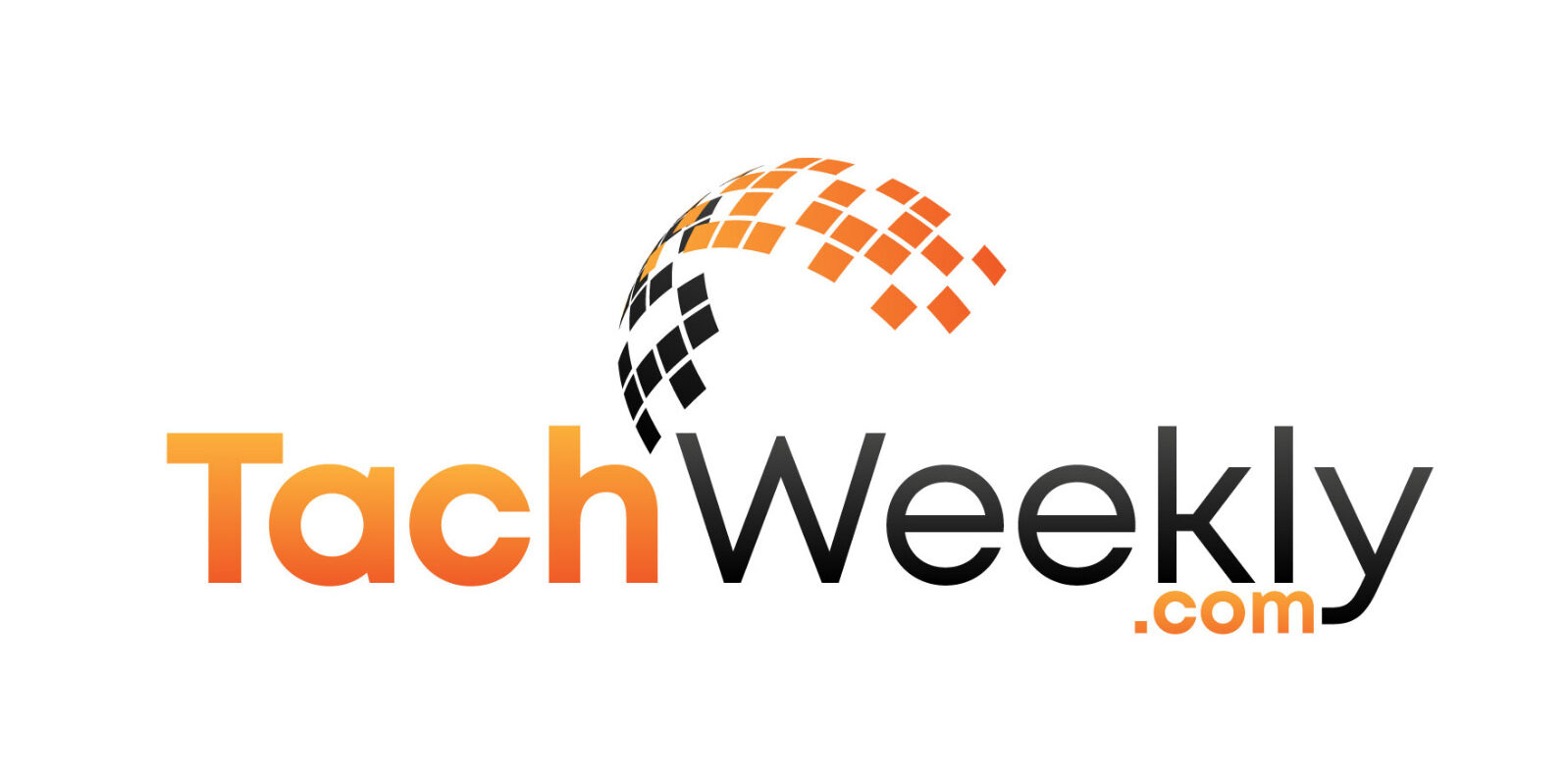Preparing and filing tax returns can be incredibly time-consuming and overwhelming. Therefore, with tight deadlines and a complex tax code to navigate, preparers and filers must have an optimized system. Every extra minute saved translates to more time allocated to other work or personal life.
Still, proper supplies and tools make the tax season as smooth and painless as possible. The tax preparation software will need complementary items that facilitate organization and ready access.
One steady supply has been tried out over time: tax return folders. Folders give form and differentiation so that returns can be worked through without missing anything methodically.
This article will discuss five benefits of using tax return folders.
1. Organization
One of the biggest benefits of using tax return folders is their high level of organization. Any tax preparer knows that when working on multiple clients’ returns at once, it’s easy for various forms, worksheets, W-2s, 1099s, and other documents to get accidentally mixed up. A preparer’s workspace can devolve into a messy pile of papers without separating each tax case.
This is where tax folders excel. They neatly bundle a client’s documentation for a given tax year. A preparer no longer must shuffle through a disorganized stack to find which form belongs to which client.
Folders like the Lacerte software folders tightly house all key papers and schedules within dedicated compartments.
Also, the folders’ clever built-in windows are precisely positioned to match where critical information is shown on the software’s cover sheet printouts. This allows a tax professional to view a client’s primary identifying details, filing status, dependents, and more without removing stapled or paper-clipped pages from the folder’s protection. Key dates, names, and figures remain visible, making referencing stored returns simple.
2. Storage and Retrieval
After the hectic deadline, tax returns for accounting firms and tax professionals should be appropriately stored. In many cases, legally required retention periods are 5-7 years. In most cases, which are usually return type based, all returns must be kept safely. Past returns may need to be retrieved several times, whether in amending prior-year submissions, responding to IRS inquiries, or simply giving a copy to the client.
The storage must be such that any return sought is easily accessible. Returns can run into hundreds or even thousands in the case of large practices. Hence, it requires organized storage. The tax return folders provide an organized method for filing away each client’s information sequentially by year. Labeled viewing panels on folders make it easy for tax preparers to identify the associated client without removing documents.
Read Also: 5 Essential Reasons Why Your Business Need Insurance
Some firms may do all their record-keeping digitally. Electronic storage does not have the equivalent physical indexing system that is as convenient to the user. Folders provide the advantage of paper storage convenience with digital record backup. Returns are kept orderly in cabinets or shelves, and the client’s data is stored electronically.
3. Portability
For tax preparers, work often occurs across multiple locations beyond just the office. Meetings with clients to review returns and gather additional documentation commonly happen in homes and public places. Some preparers also choose to take on work remotely or do additional prep from alternative locations like coffee shops.
Transporting tax information between these diverse sites is essential for convenience and efficiency. Tax return folders excel at this portability compared to other storage methods. Rather than awkwardly carrying piles of loose papers between appointments, an entire multi-page return is neatly contained in one lightweight folder.
This becomes even more crucial when preparers shift to remote or work-from-home arrangements. Tax season deadlines don’t stop for holidays, sick days, or emergencies like snow days. Folders allow a seamless transition to virtual work without missing a beat. The whole return stays fully compiled and professional, whether accessed in the usual office setup or from a wireless hotspot at any other location.
4. Customization
While basic stock folders provide the core functionality, customized options offer additional versatility. Personalized Lacerte software folders can be imprinted with your business logo and contact information. This helps bolster your brand for clients and makes the folders double as promotional items.
It also ensures that any folders left with the clients are customized with your identifying information. Extra-ordinarily filing-conscious businesses or persons will greatly appreciate specialized expandable folders that grow for multi-year engagements or complex returns.
5. Cost Effectiveness
In the long run, software-specific folders prove cheaper than constantly purchasing paper, binders, or other static storage options. The initial folder investment receives repeated use over many tax seasons. Properly cared for, tax folders can last for decades of filing.
Not having to replace supplies like regular binders year after year saves real costs over time. The affordable cost per folder also makes it easy to provide clients with folders for their records at little expense. Savings accrue compared to printing extra copies on single-use paper.
Conclusion
As any seasoned tax professional knows, an organized, portable, cost-effective system is essential during client work. Tax return folders offer all these core benefits and more. Their specialized design protects tax files and makes them easily accessible.
Read Also: KYB Crypto: A Way to Ensure Transparency in FinTech
Though a small item individually, folders significantly improve efficiency, storage, and professionalism. Any preparer aiming to streamline their process would benefit greatly from adding matching Lacerte software tax folders to their tax season supplies.


